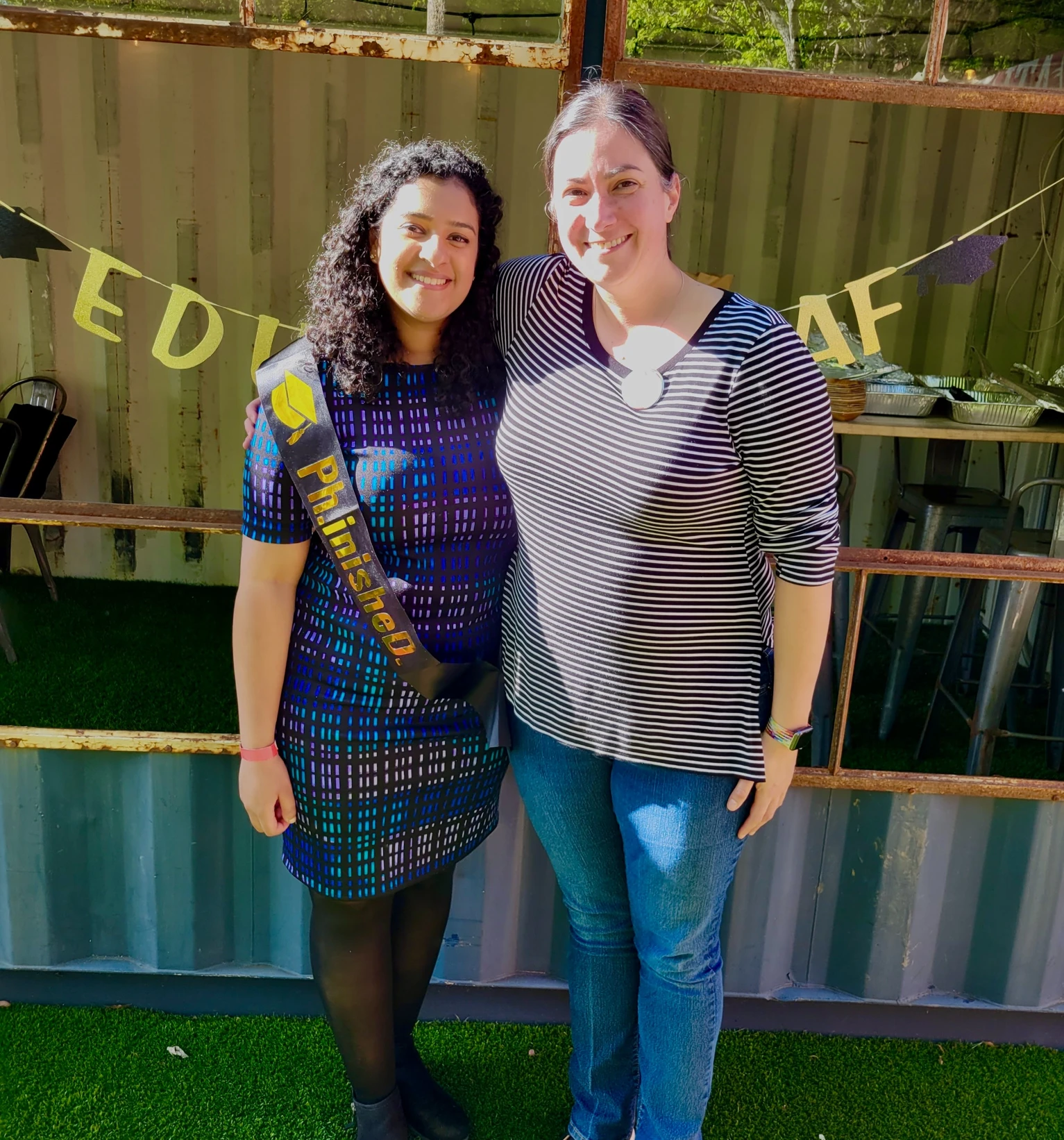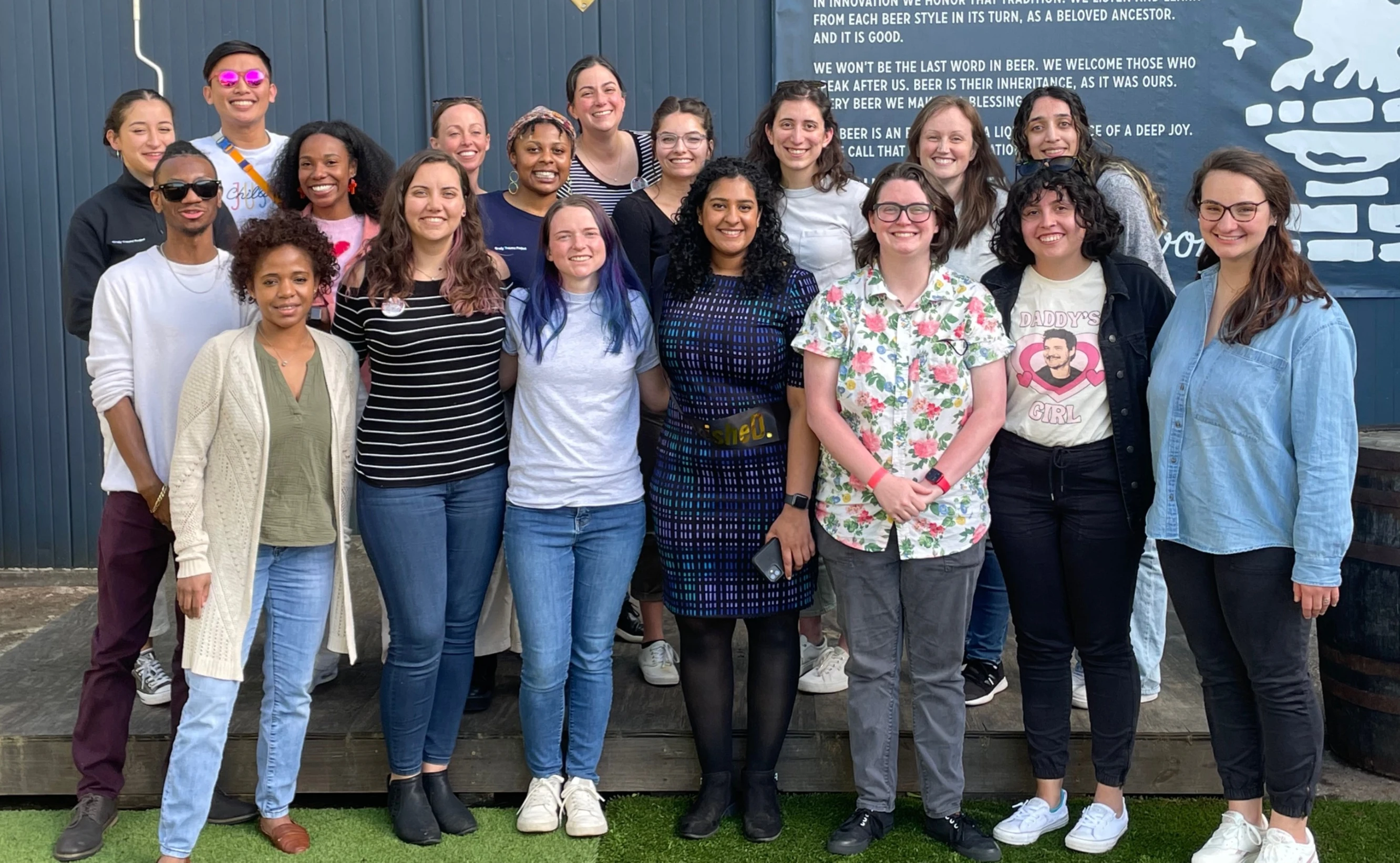Congratulations to Dr. Meghna Ravi!
- rebeccahinrichs
- May 15, 2023
- 2 min read
The Grady Trauma Project celebrates Meghna Ravi, who successfully defended her thesis titled “Oppressive Systems and Risk for PTSD in Minoritized Communities” and graduated from Emory University's Neuroscience Graduate program in Spring 2023!
Originally from Cedar Park, Texas, Meghna completed her undergraduate studies at the University of Texas at Austin before matriculating to Emory University. Meghna started her journey with GTP in 2017 when she joined the lab of Vasiliki Michopoulos to work on the BUMPP study. While in the lab Meghna has presented at several national conferences and authored many scientific articles, as well as an article in Psychology Today.
Here's a Q&A we did with the newly minted Dr. Ravi:
1) Why did you choose to complete your graduate studies at Emory University?
I actually wanted to come to Emory because of the Grady Trauma Project! I’d seen GTP’s work at a conference I attended as an undergrad and was excited by the research. Everything came full circle when I joined GTP in my second year!
2) What are some take-home findings from your dissertation?
The findings in my dissertation, along with work by several other groups, demonstrate that oppressive systems like racism and poverty are associated with worse PTSD symptoms, and likely contribute to PTSD inequities in minoritized communities.
3) What implications do your findings have about potential for policy change?
The health inequities that we see in communities like those seeking care at Grady are the result of policies that disenfranchise certain groups, particularly Black communities. If we want to address health inequities, we must advocate for and create new policies that invest in communities that have been failed. It’s particularly important that these new policies are created with minoritized voices being centered.
4) What are some future directions you’d like to explore with these data?
I’d like to look at relationships between neighborhood poverty and racism with biological markers of disease like inflammation, and with fear potentiated startle.
5) What do you want to be when you grow up?
I’d like to continue doing work related to health inequities, preferably on a larger scale with the opportunity to provide scientific expertise as new policies are created.
6) Any words of advice for those interested in getting their Ph.D.?
Make sure you find a program, lab, and advisor where you are fully supported, both academically and non-academically.
7) Lastly, what did you do in your free time/for fun in Atlanta/around Emory during graduate school?
I like reading, watching terrible television with my friends, and attending concerts.
Congratulations to Dr. Ravi who we know will go on to do great things!














Comments